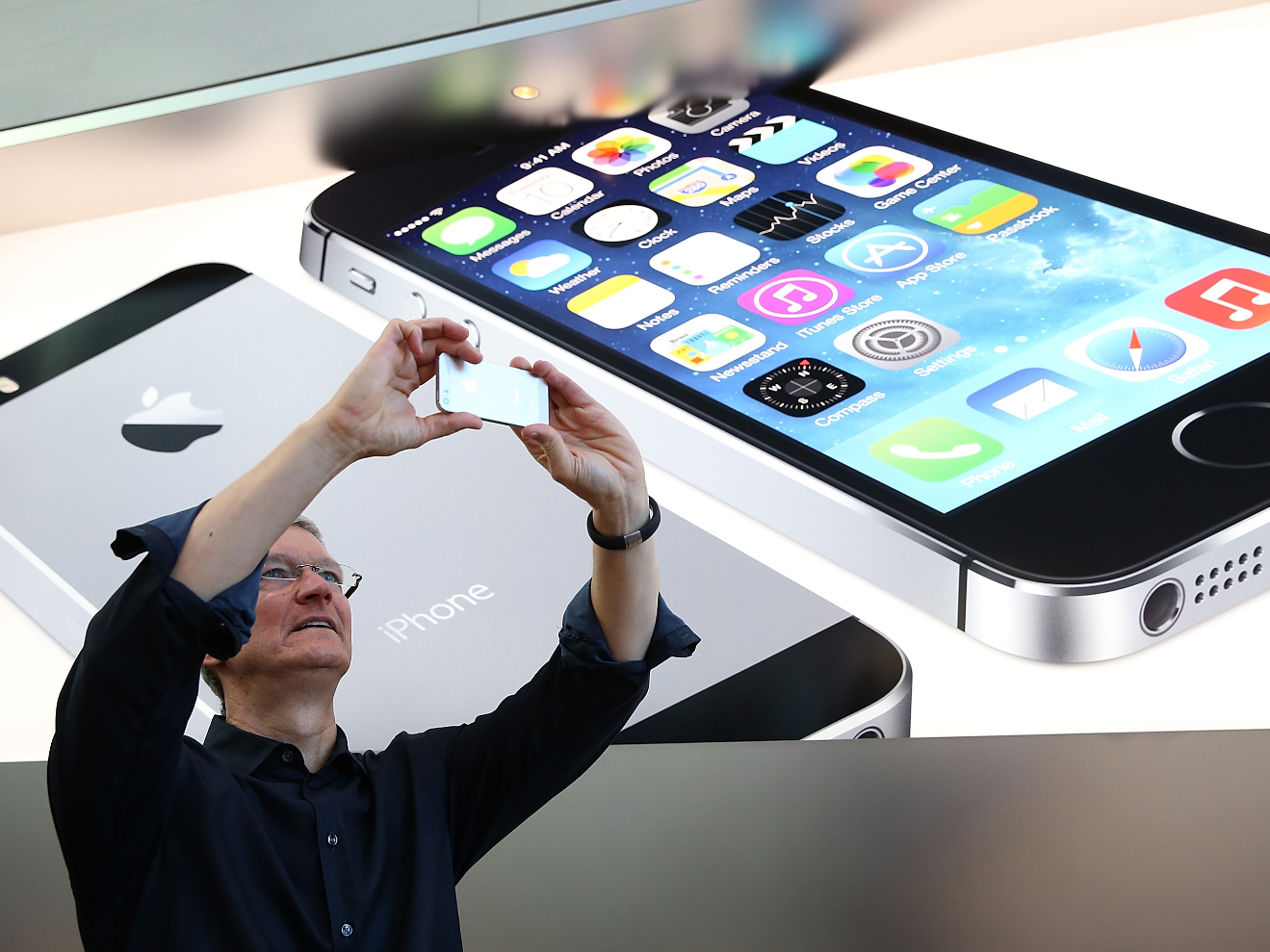- Tim Cook took the job as CEO of Apple in August 2011, leaving many wondering if he could fill the shoes left by his friend, colleague, and mentor, Steve Jobs.
- A lot has changed since then. Cook has made great strides at Apple, including the original product launch of the Apple Watch.
- But when he was first announced for the role, he was a big question mark. He had come out of seemingly nowhere to lead a significantly large company.
- Cook quit his job and joined Apple when the company was nearly bankrupt. What a lot of people don’t know is that Apple would never have gotten where it is without Cook’s help early on in Jobs’ reign.
- Here’s an inside look at Tim Cook’s emotional journey to becoming CEO of Apple after Steve Jobs resigned.
- Visit Business Insider’s homepage for more stories.
Tim Cook was born in Mobile, Alabama, in 1960. His father, Donald Cook, was a shipyard worker. His mother, Geraldine Cook, worked at a pharmacy.

Source: Business Insider
Cook graduated from Alabama’s Auburn University in 1982 with a degree in industrial engineering.
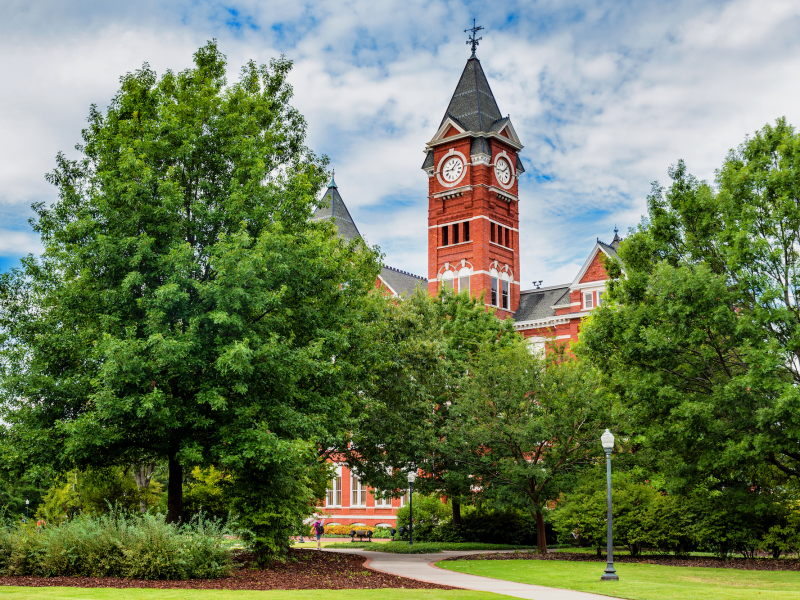
Source: Business Insider
From there, Cook joined IBM in its still-new PC division — before Microsoft Windows was even a thing. He eventually became the director of North American fulfillment.
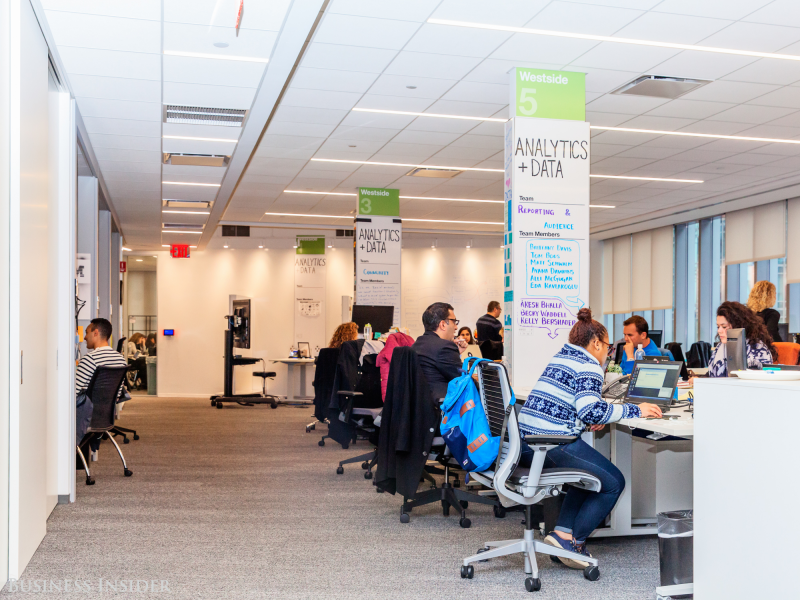
Source: The Telegraph
Cook was misdiagnosed with multiple sclerosis in 1996, something he says made him view the world in a different way. Since then, he’s been a fitness buff and a big giver to MS-related causes.
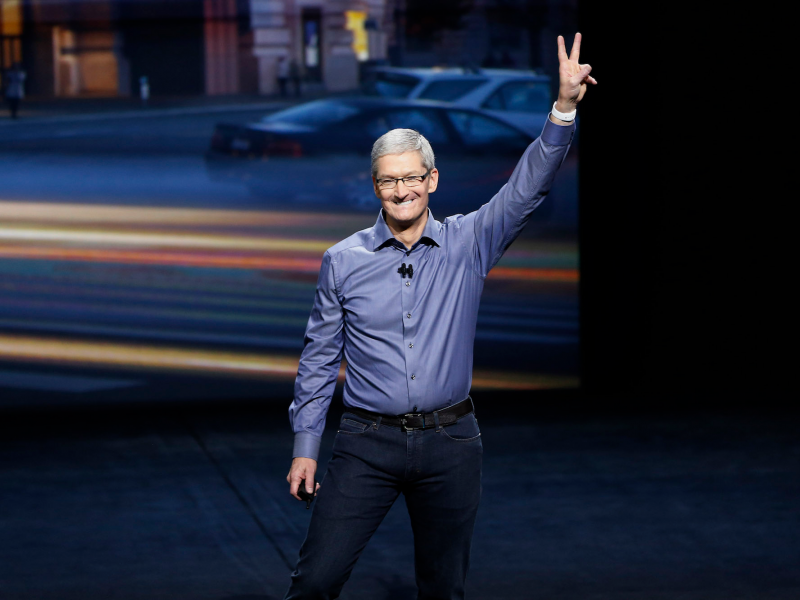
Source: The Guardian
Twelve years later, he left IBM and jumped into a COO role at a company called Intelligent Electronics. In 1997, he eventually became a vice president of corporate materials at Compaq, then one of the hottest PC manufacturers around.
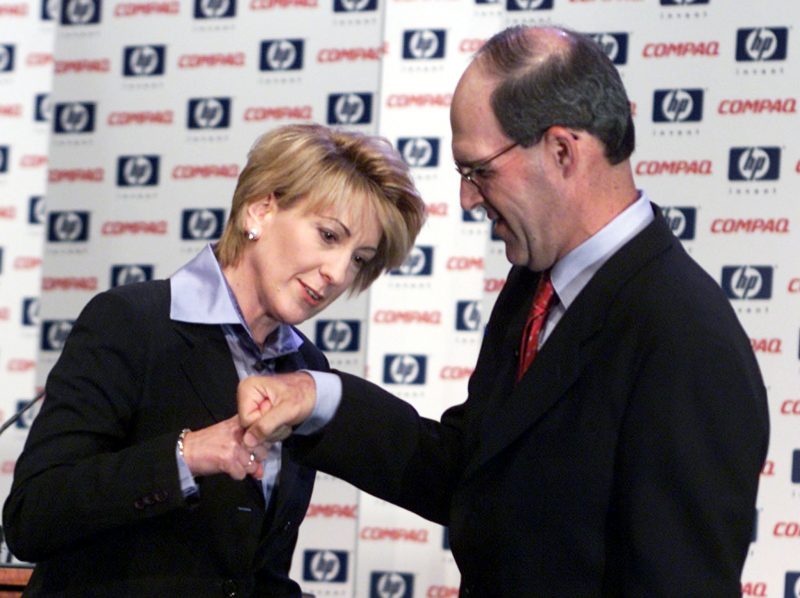
Source: Business Insider
Meanwhile, Steve Jobs had just come into power as Apple's CEO, following the ouster of Gil Amelio. Jobs had the tough task of turning the company after many years of fading relevance and went looking for fresh blood for his executive team.
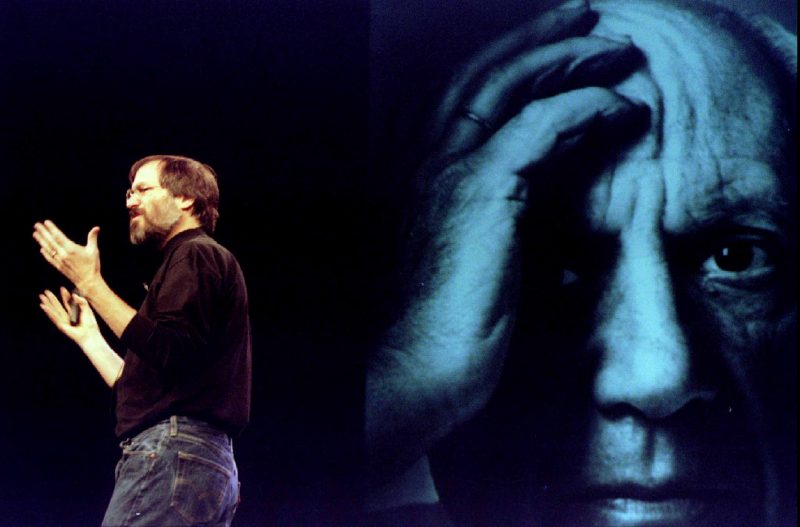
Source: Business Insider
So Jobs approached Cook, identifying him as a strong prospect for his new Apple. Cook signed on to Apple in 1998 in an initial role as the SVP of worldwide operations.
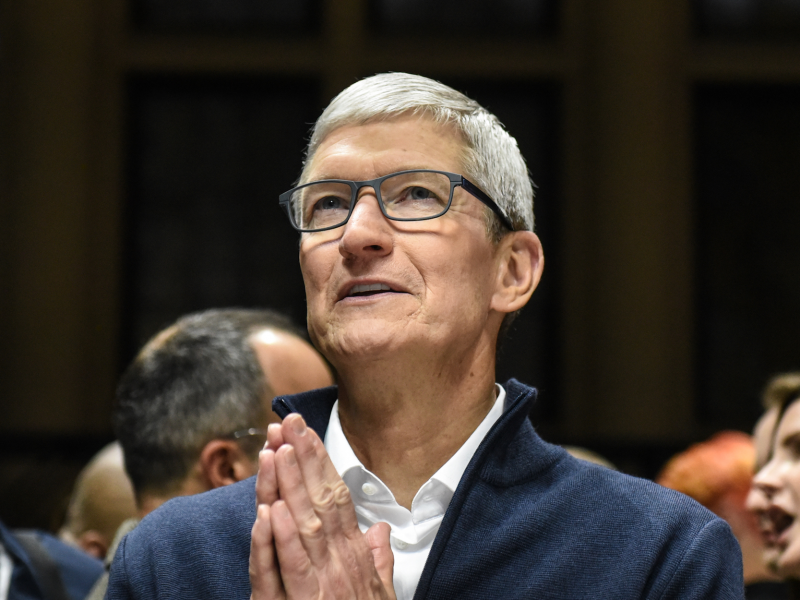
Source: Business Insider
It must have been a difficult decision for Cook. In 1997, Apple was an industry laughingstock: Michael Dell, one of Microsoft's closest partners, once said that if he were in Jobs' shoes, "I'd shut it down and give the money back to the shareholders."
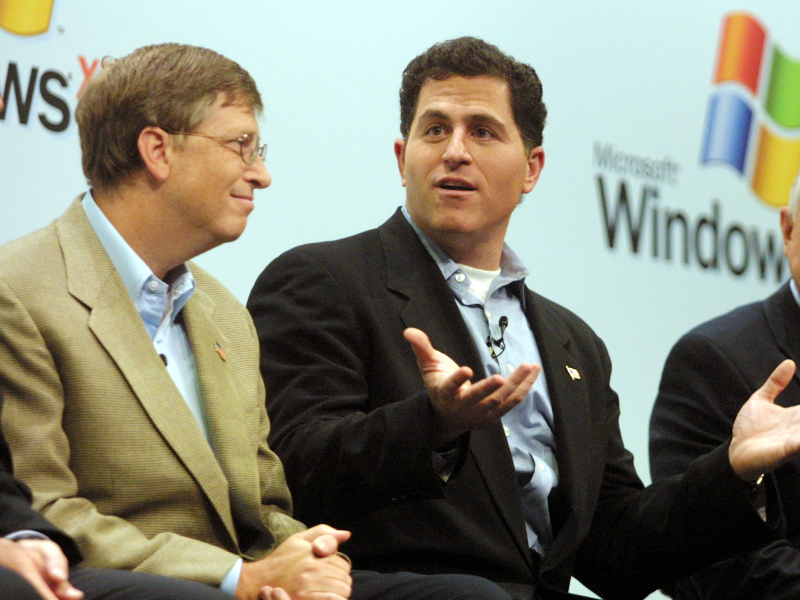
Source: Business Insider
And experiencing Jobs' biggest flop first-hand just a few years later probably didn't make the transition easier, either. In 2000, Apple released the Power Mac G4 Cube, but the small PC, which Cook called an "engineering marvel," never found its audience.
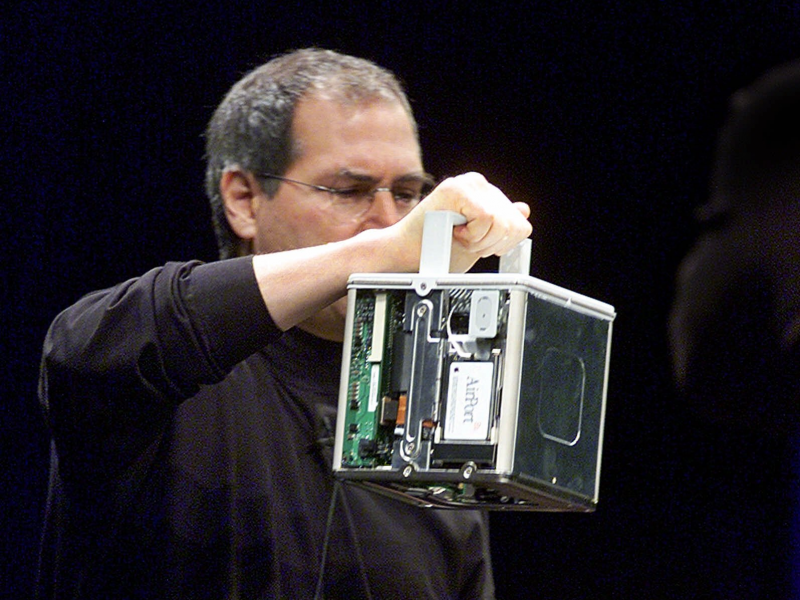
Source: Business Insider
But Cook said the "spectacular failure" taught him an important lesson in humility and intellectual honesty. "This was another thing that Steve taught me, actually," Cook said. "You've got to be willing to look yourself in the mirror and say, 'I was wrong, it's not right.'"
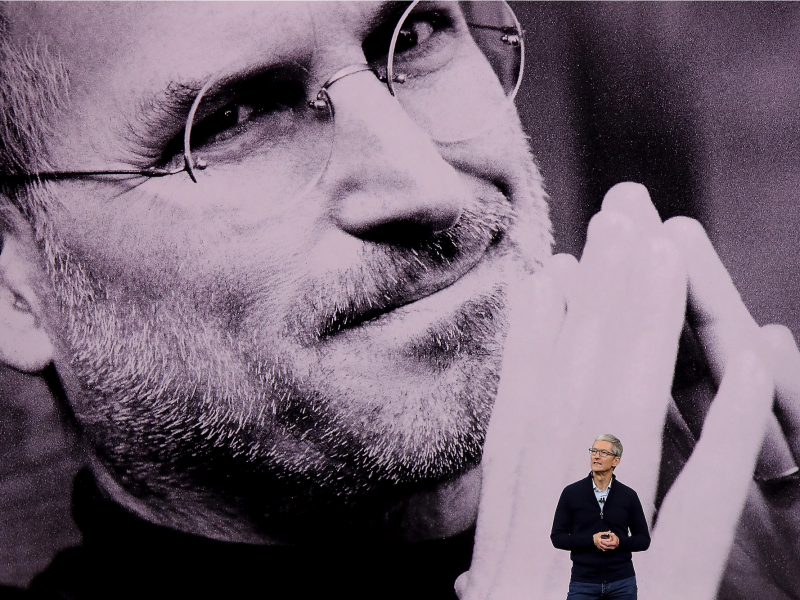
Source: Business Insider
But everything worked out. One of Cook's biggest early coups was closing Apple's own factories and warehouses and replacing them with contract manufacturers, meaning that devices could be made in larger quantities and get delivered faster.
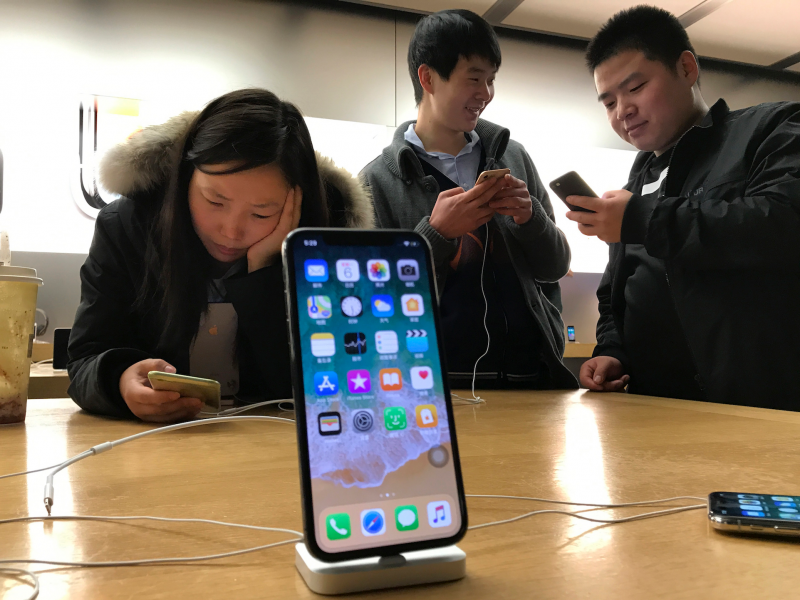
Source: Business Insider
Tim Cook once said of his role: "You kind of want to manage it like you're in the dairy business. If it gets past its freshness date, you have a problem."

Source: Wired
Starting in 2005, Cook made investments that would lay the groundwork for the future of the company, including forming critical deals with manufacturers on flash memory, the computer-storage component that would form the basis for the iPhone and iPad.
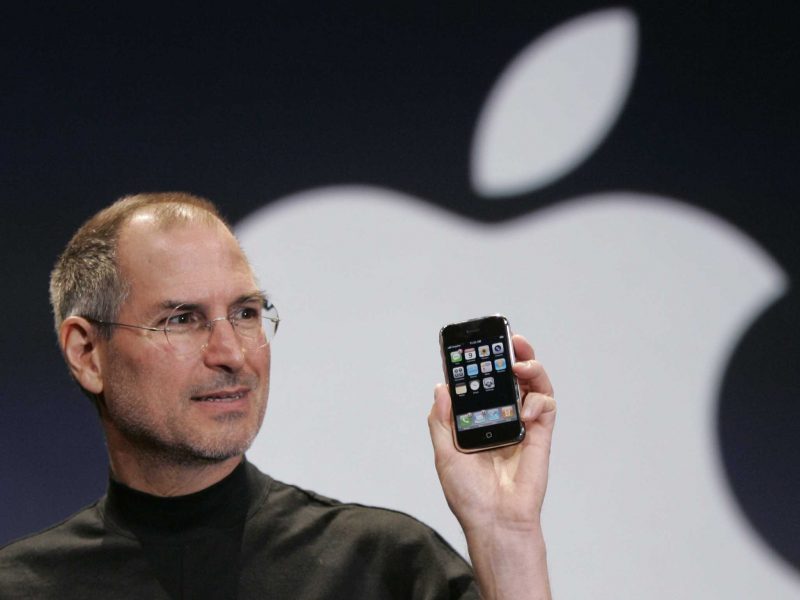
Source: The New York Times
Cook's prescience meant that when competitors sought to build their own phones and tablets, they had to compete for what little factory capacity and components those factories could spare, after they had already fulfilled their commitments to Apple.
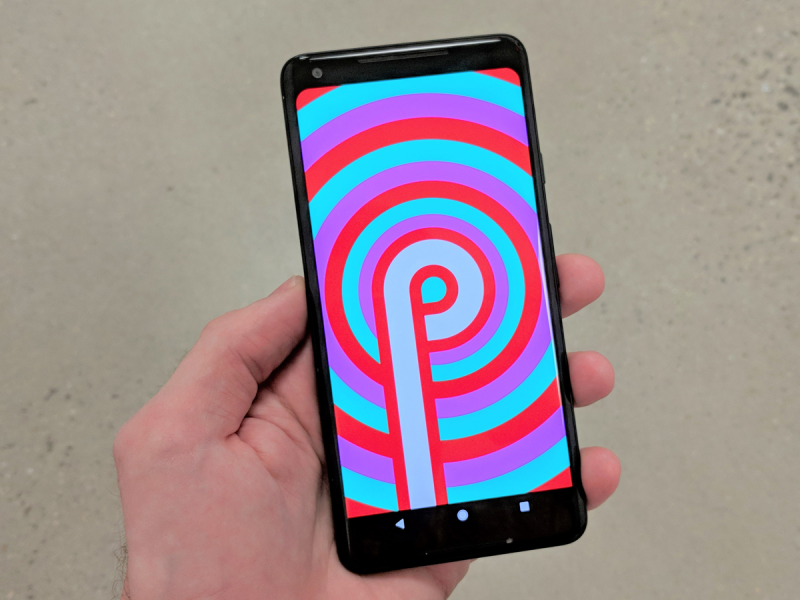
Thanks to Cook's management expertise, his star within the company rose rapidly. Apple was on the track toward growth and big profits, and Cook got a lot of the credit.
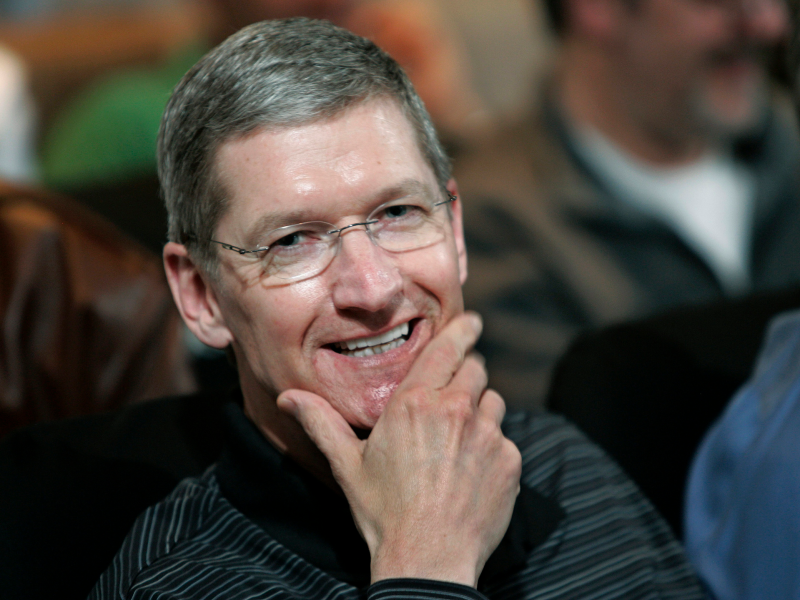
Source: Business Insider
As his influence grew, Cook became known within the company for his no-mercy, relentless questioning style, his willingness to hold hours-long meetings, and his propensity for sending emails at all hours and expecting answers.
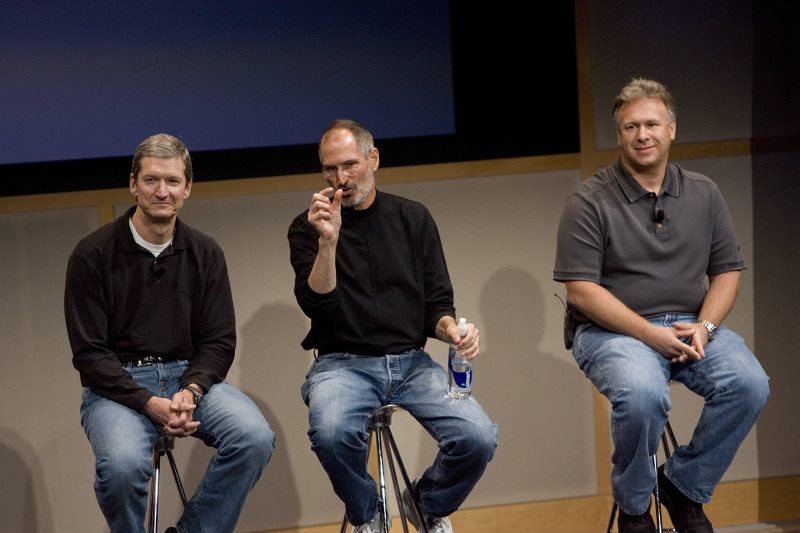
Source: Business Insider
In 2007, Apple introduced the iPhone — the device that would change everything.
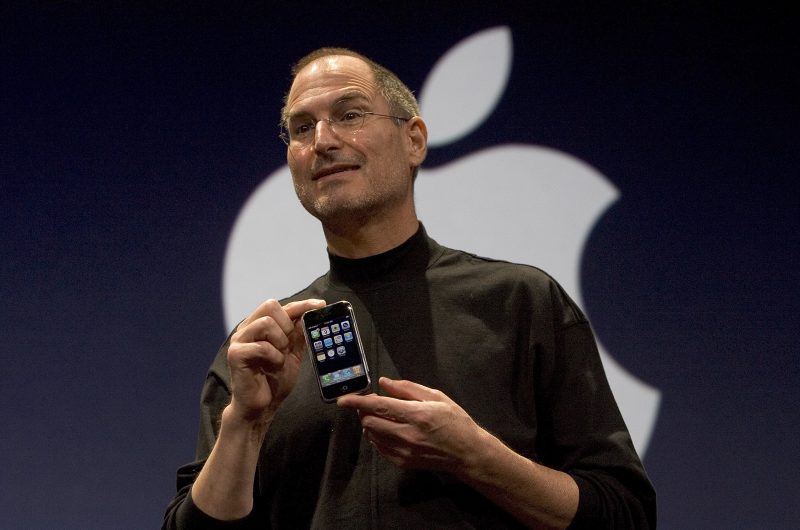
Source: Business Insider
That same year, Jobs brought Cook a little closer into the core of the business by naming him COO. At this point, Apple insiders say, he was already running much of the business, with Jobs just there to make important product decisions.
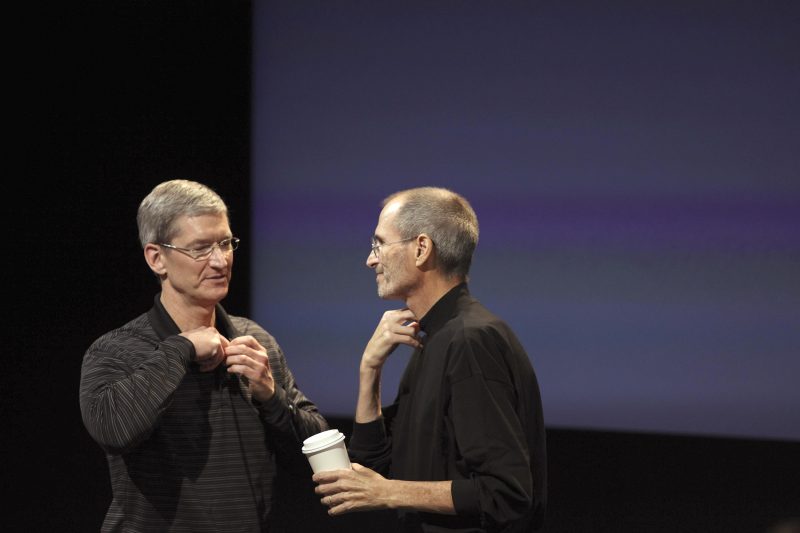
Source: Apple
As COO, Cook made more appearances at public events, getting out in front of executives, customers, partners, and investors.
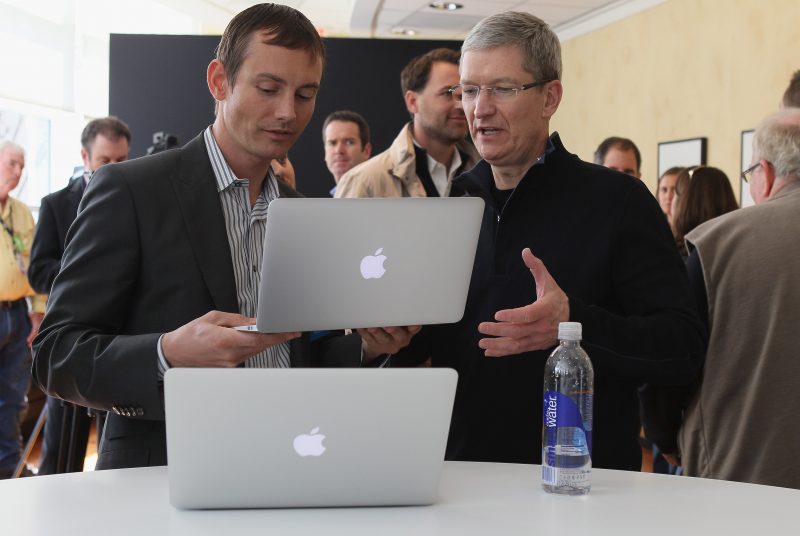
In 2009, Tim Cook was named interim CEO while Steve Jobs was on leave to manage his declining health. Jobs had been diagnosed with pancreatic cancer in 2003, and it was starting to take its toll.
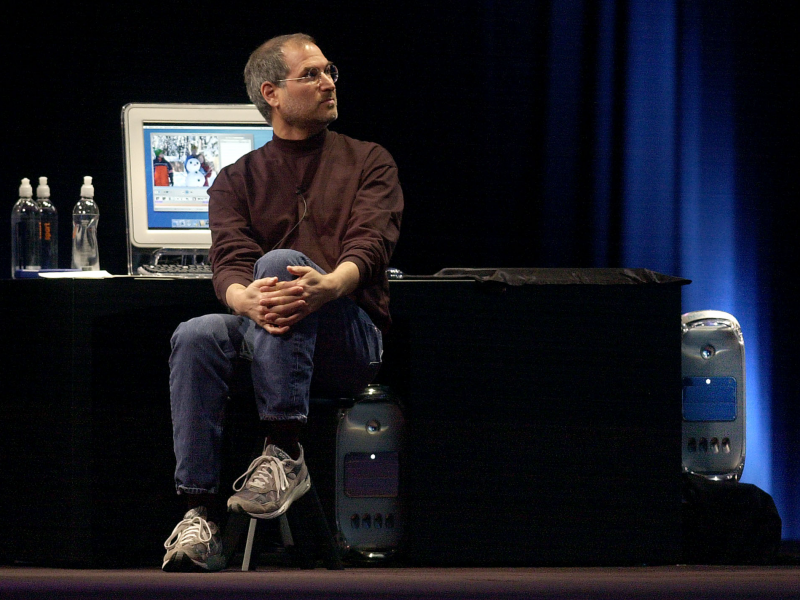
Source: Business Insider
In 2009, Cook actually offered Jobs a portion of his liver, since they share a rare blood type. But Jobs refused, saying, "I'll never let you do that. I'll never do that."
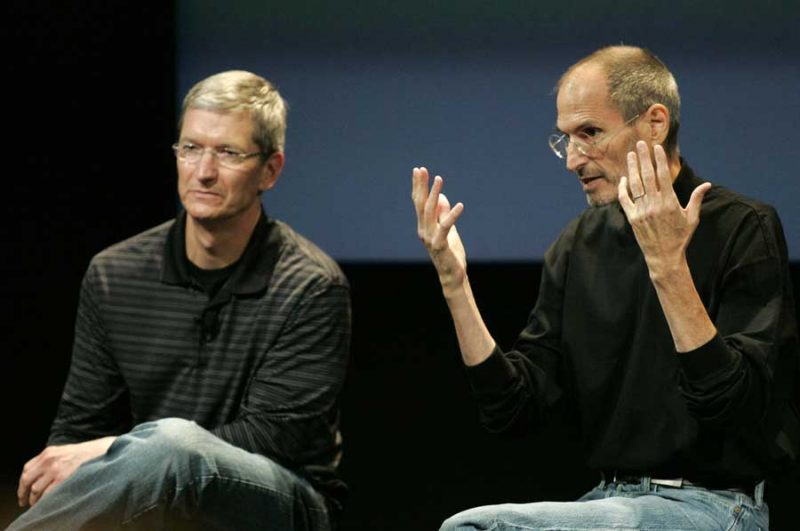
Source: Business Insider
In January 2011, Cook took over as interim CEO once again while Jobs was on medical leave. In August 2011, Jobs resigned his role to focus on his health, with the board naming Cook the permanent CEO of Apple.
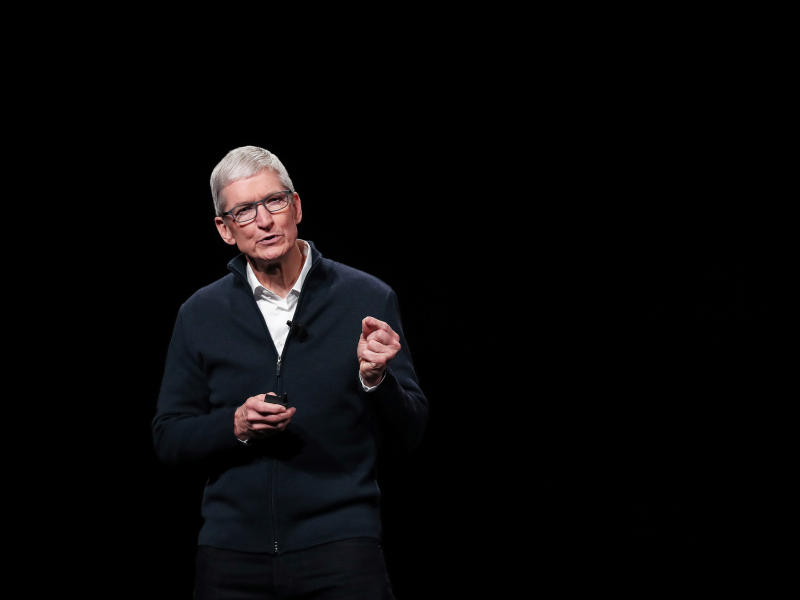
Source: Business Insider
When Jobs died in October 2011, Cook had the flags of the Apple campus flown at half staff in his memory.
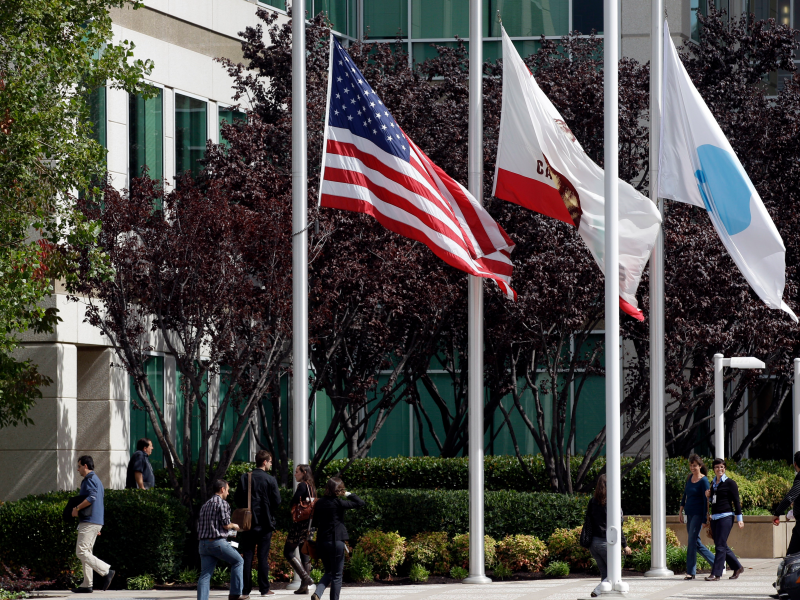
Source: Business Insider
Business Insider reported that Cook considers the time following Job's death as the loneliest time of his life.
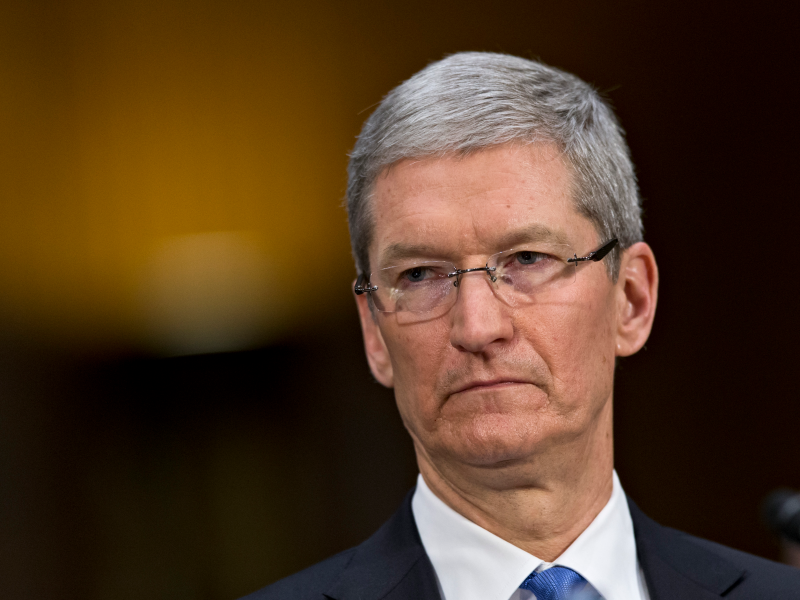
Source: Business Insider
Cook told Stanford University's graduating class of 2019 that mentors can leave you prepared but not ready.
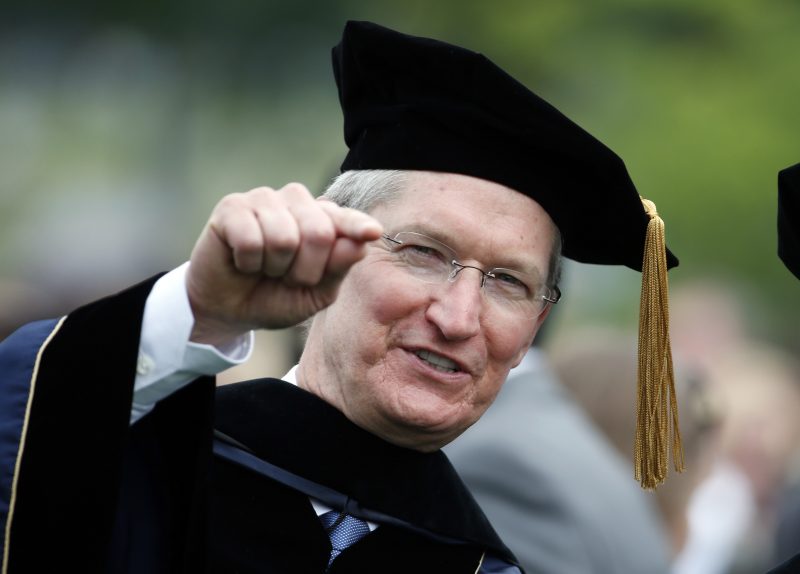
Source: Business Insider
Cook said that after Job's death, "when the dust settled, all he knew was that he was going to have to be the best version of himself that he could be."
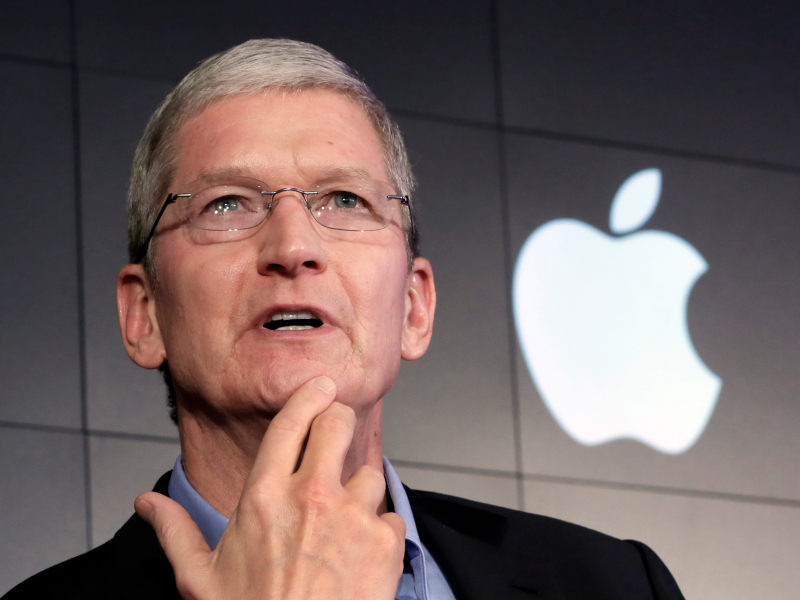
But Cook had some big shoes to fill. The iPhone, especially, is an internationally beloved product, and Jobs is held up as one of the greatest CEOs in history.
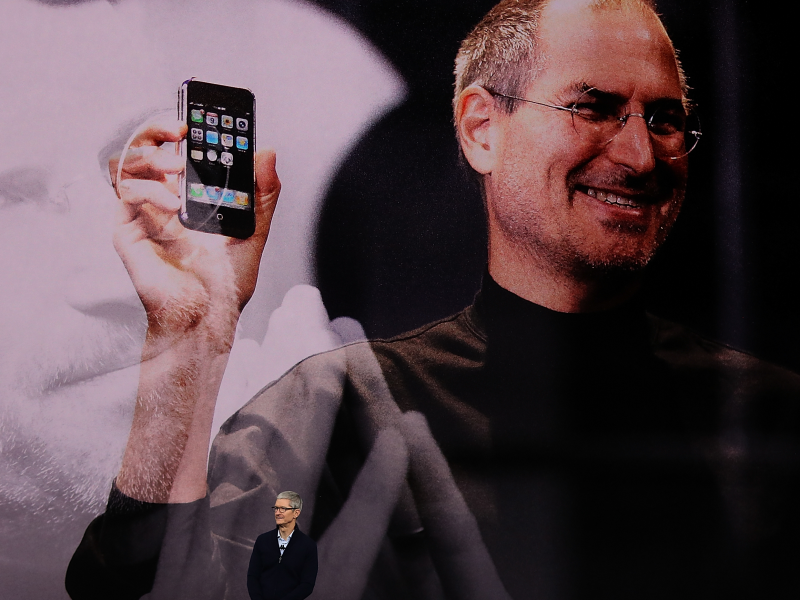
Source: Business Insider
"His greatest gift ... was not a singular product, but rather Apple itself," Cook said of Jobs in 2017.
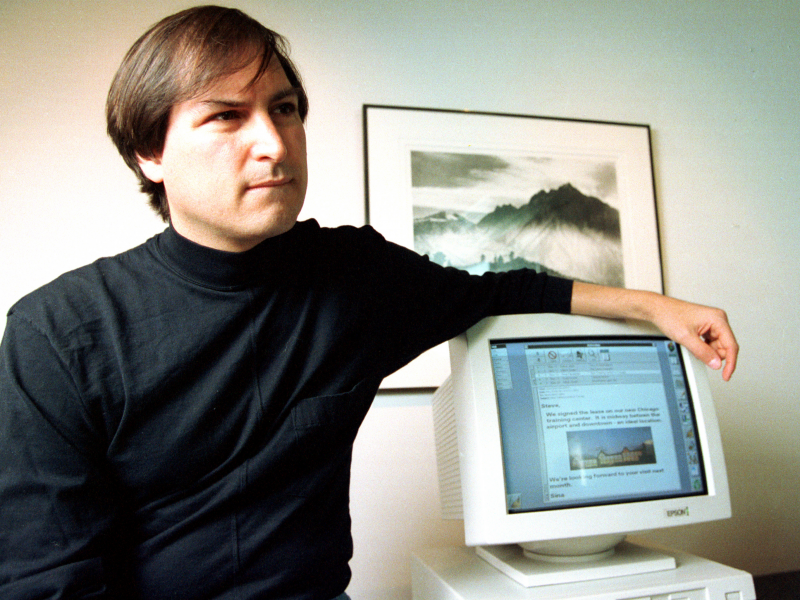
Source: Business Insider
In the months following Jobs' resignation and then his death, there was a lot of uncertainty over whether or not Apple could keep the momentum going under Cook.
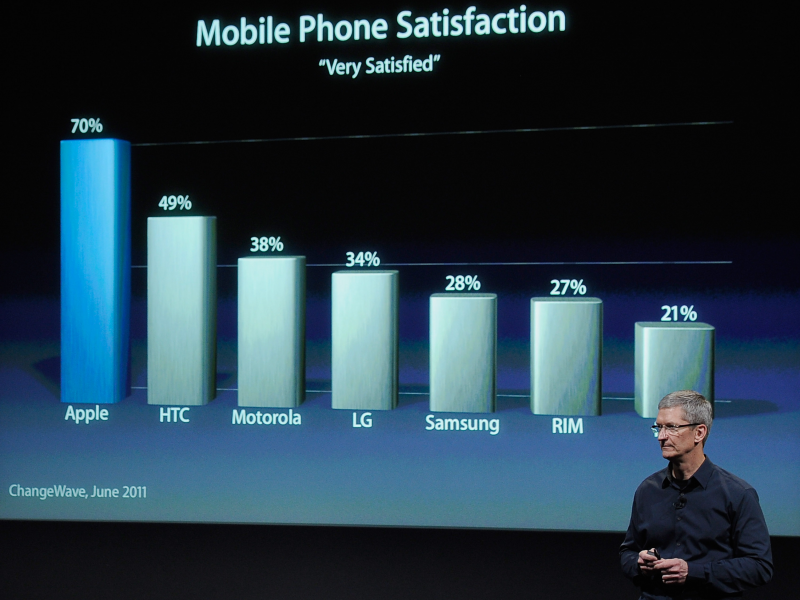
Though Cook was now in the limelight as CEO of Apple, he followed Jobs' example as a public figure and has remained intensely private when it came to his personal life, directing the attention as much as possible back on Apple.
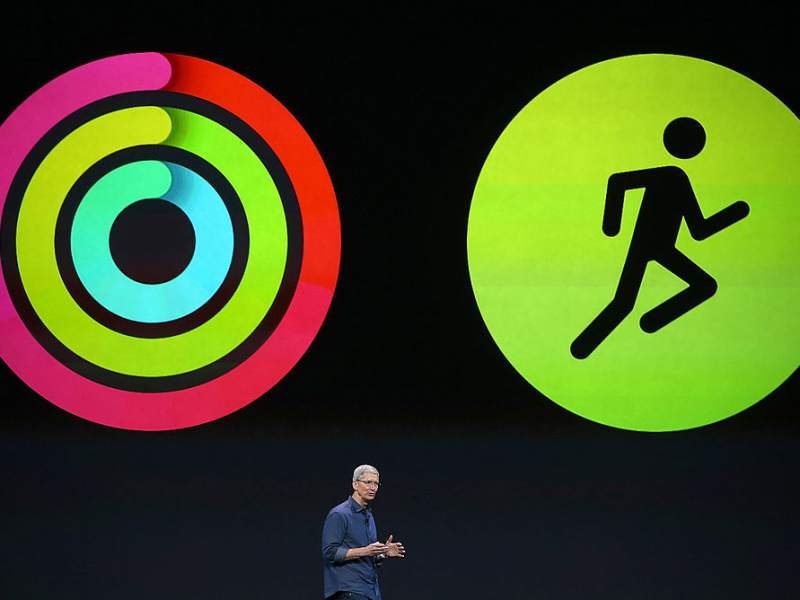
Source: Business Insider
In 2014, though, Cook ended years of speculation by publicly announcing, in an editorial in Bloomberg Businessweek, that he was gay. That made Cook the first openly gay CEO of a Fortune 500 company.
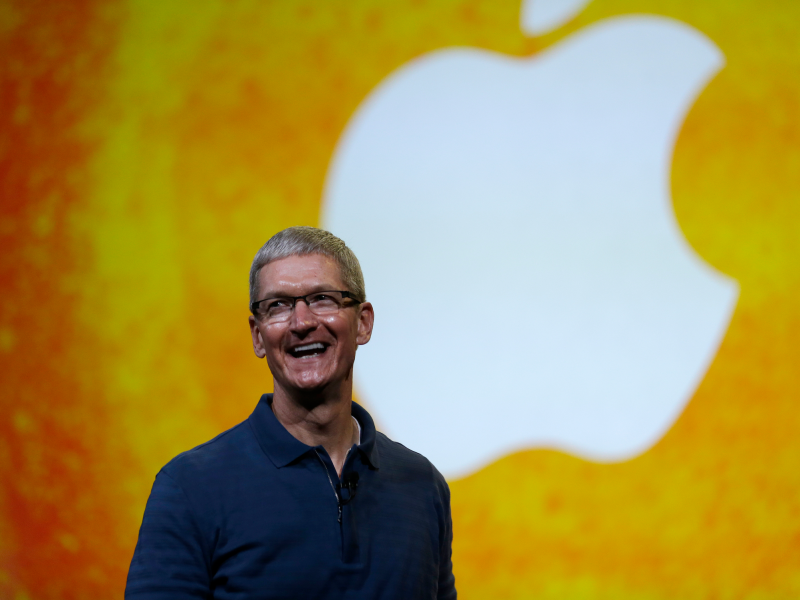
Source: Business Insider
During his tenure as CEO, Cook has kept a lot of important Apple traditions alive, including appearances by rock stars like the Foo Fighters at big company events ...
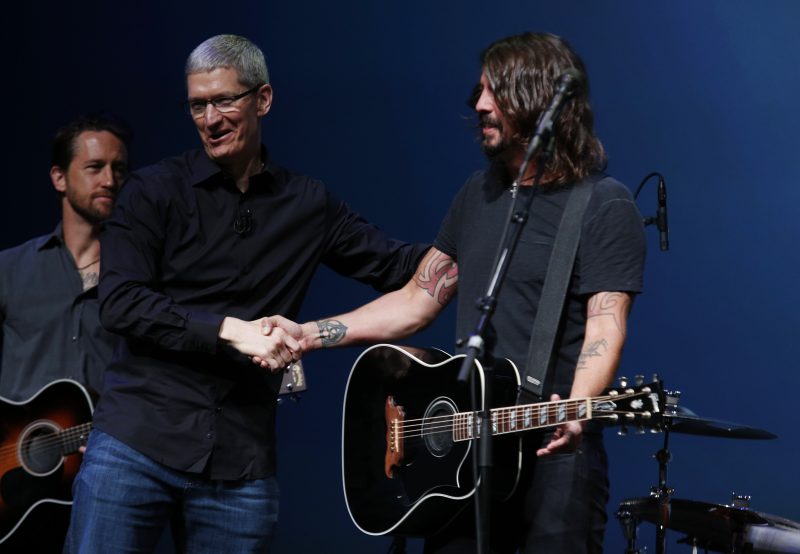
Source: Rolling Stone
... and Jobs' famous "one more thing" product announcements.
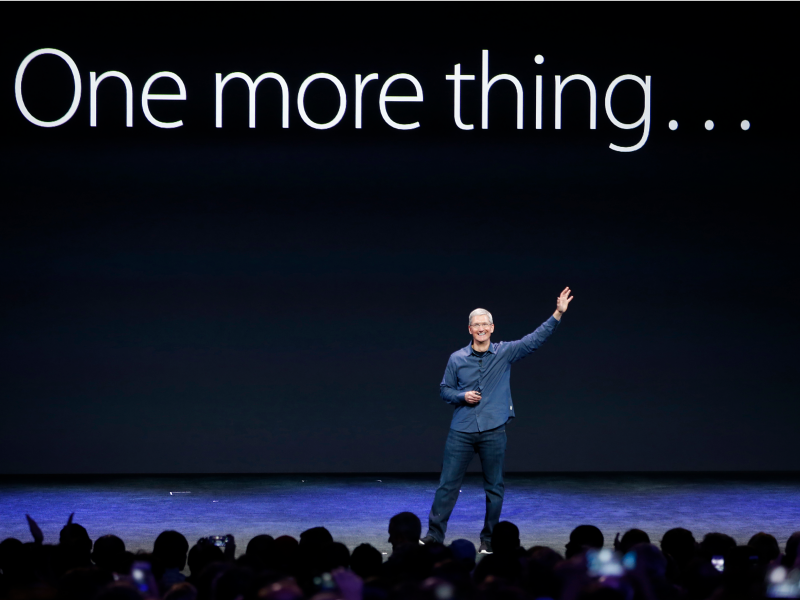
Source: Business Insider
But things also shook up a little bit under Cook's watch. The best example is Scott Forstall, former Apple VP of iOS, who stepped down from his role in 2012.
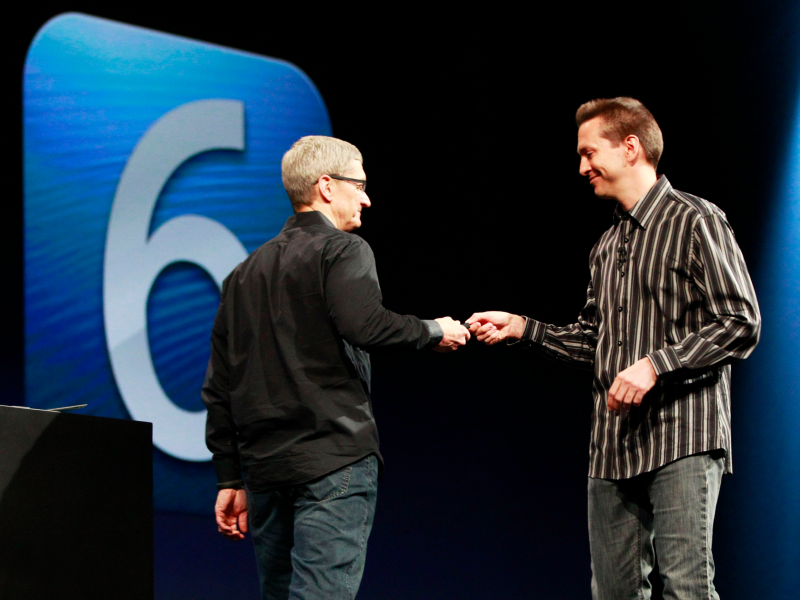
Source: Business Insider
And in June of 2019 Apple's design chief Jony Ive left the company.
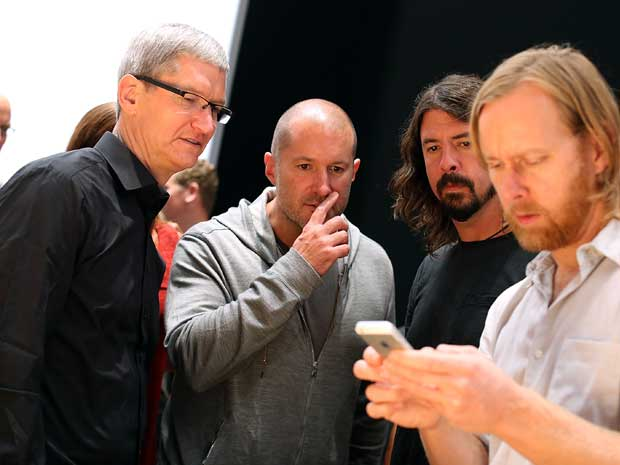
Source: Business Insider
In 2015, Apple released the Apple Watch, the company's first entirely new product in the post-Jobs era.
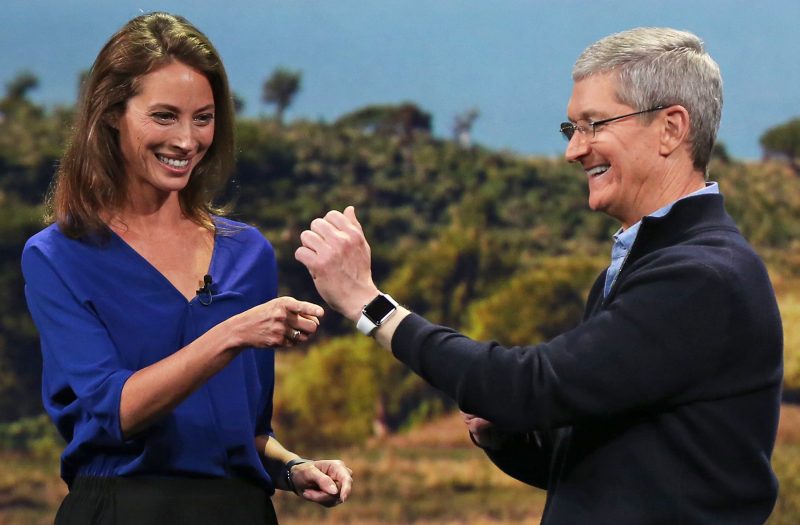
Source: Business Insider
Jobs once said that making things with "a great deal of care and love" is ultimately the thing that "keeps Apple, Apple," and Cook has said that he believes Jobs' vision lives on everywhere at Apple.
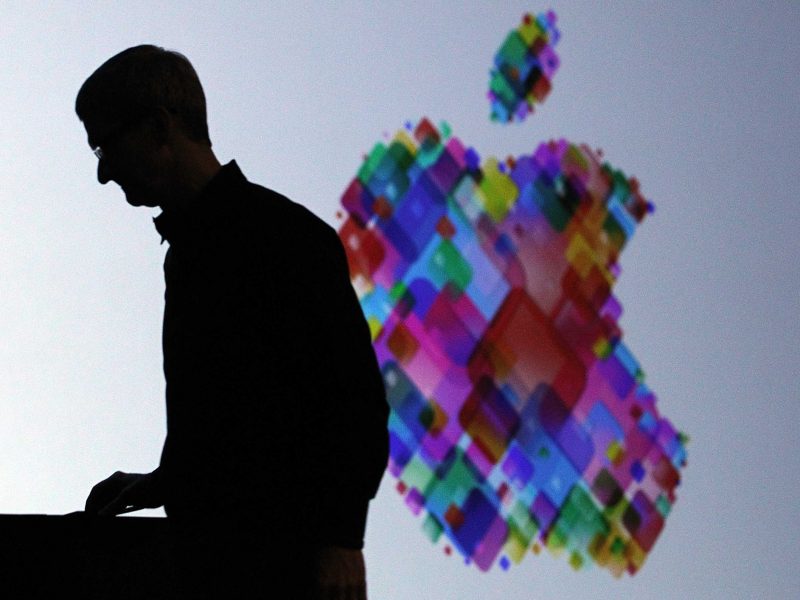
Source: Business Insider
